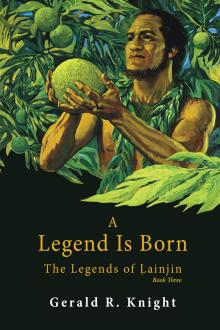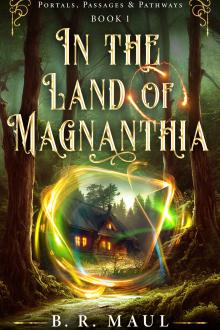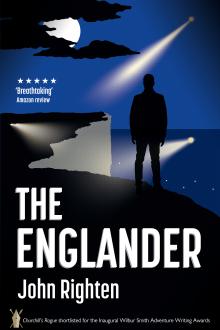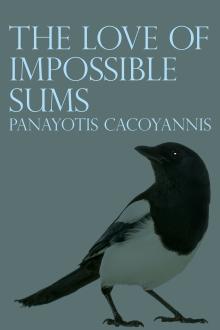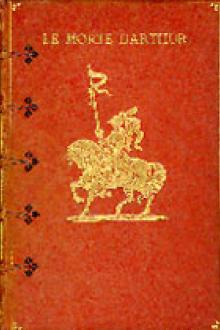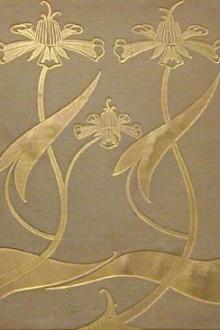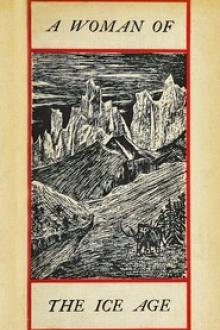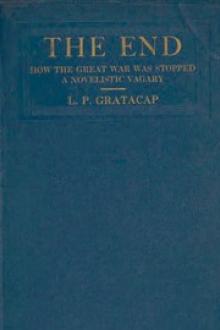The Certainty of a Future Life in Mars
The Certainty of a Future Life in Mars
Being the Posthumous Papers of Bradford Torrey Dodd
The extraordinary character of the story here published, which some peculiar circumstances have fortunately, I think, put into my hands, will excite a curiosity as vivid as the incidents of the narratives are themselves astonishing and unprecedented. To satisfy, as far as I can, a few natural inquiries which must be elicited by its publication, I beg to explain how this unusual posthumous paper came into my possession.It was written by Bradford Torrey Dodd, who died at Christ Church, New Zealand, January, 1895, after a lingering illness in which consumption developed, which was attributed to the exposure he had experienced in receiving some of the wireless messages his singular history details. I was not acquainted with Mr. Dodd, but some information, acquired since the reception of his manuscript, has completely satisfied me, that, however interpreted, Mr. Dodd did not intend in it the perpetration of a hoax. His scientific ability was undoubtedly remarkable, and the facts that his father and himself worked in an astronomical station near Christ Church; that his father died; that his acquaintance with the Dodans was a reality; that he did receive messages at a wireless telegraphic station; that he himself and his assistants fully accredited these messages to extra-terrestrial sources, are, beyond a doubt, easily verified.(also includes "The Planet Mars" by Giovanni Schiaparelli.)
Book Excerpt
ad by that distinguished man before the Society of Telegraph Engineers in June, 1880, he referred to his conclusion that "electric light produces the coloring matter, chlorophyll, in the leaves of plants, that it aids their growth, counteracts the effects of night frosts, and promotes the setting and ripening of fruit in the open air."
I find in an old note book of my father's, dated 1879, "chlorophyllous matter in leaves encouraged by electric energy, presumably by the blue rays." In heating and cooking by electricity my father had made some progress though he had not in 1880 employed his time in this direction.
Perhaps more remarkable than anything else presenting my father's great scientific ingenuity was his improvements of the dynamo and the invention of a new successful small traction engine.
In 1880 the complete distinction between alternating and direct currents had not been made, and the device of a successful converter, for the change of the former comparatively inert to the lat
FREE EBOOKS AND DEALS
(view all)Popular books in Science Fiction, Fiction and Literature
Readers reviews
0.0
LoginSign up
Be the first to review this book
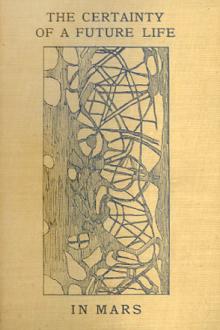
 Free Download
Free Download